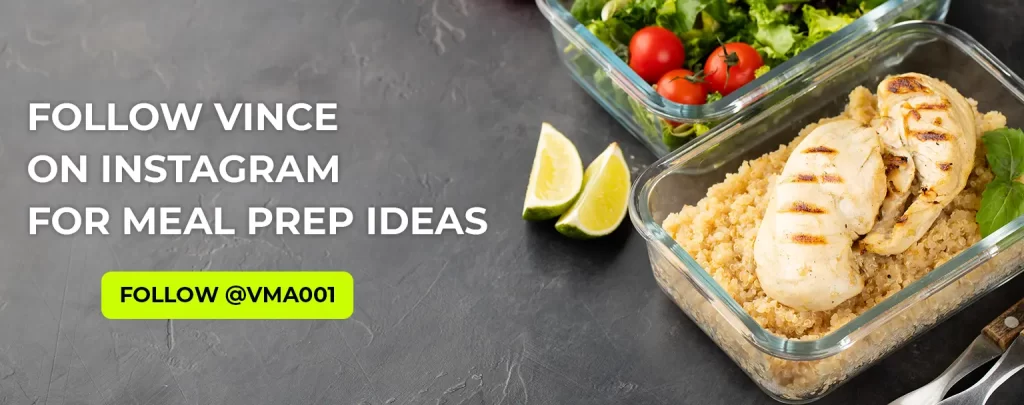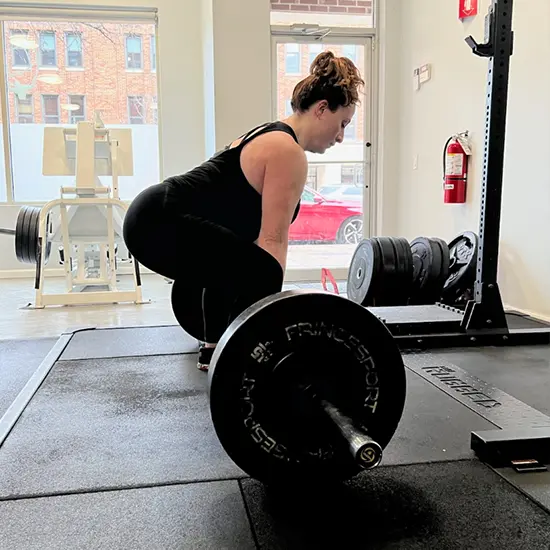Table of Contents (_workinprogress_)
When it comes to calorie tracking, most people imagine it’s some torturous process of obsessively logging every single morsel that passes their lips. But what if I told you tracking calories is actually about freedom, not restriction? As a nutrition coach who’s worked with hundreds of clients, I’ve seen firsthand how understanding your nutrition can be genuinely transformative.
What Calorie Tracking Really Means
Tracking calories isn’t about judgment. It’s about awareness. Think of it like tracking your spending – you’re not trying to shame yourself, you’re trying to understand your habits. Just like you might review a bank statement to see where your money goes, tracking calories helps you see where your energy intake comes from.
The Unexpected Benefits Beyond Weight Loss
1. Nutritional Education
Most people have no real concept of what they’re actually eating. When clients start tracking, they’re often shocked. That “healthy” smoothie? Turns out it’s packed with more calories than a full meal. That handful of nuts? More calorie-dense than you’d imagine.
Tracking teaches you about:
- Actual calorie content of foods
- Macronutrient balance
- Hidden calories in sauces and drinks
- Real portion sizes
2. Mindful Eating
Logging what you eat makes you more intentional. You start asking questions like:
- Am I actually hungry?
- Do I want this because I’m stressed?
- Is this supporting my health goals?
It’s like turning on a spotlight in a previously dark room. Suddenly, your eating patterns become clear.
3. Performance Optimization
Whether you’re an athlete or just want to feel great, calories are fuel. Tracking helps you understand:
- How different foods impact your energy
- Your body’s unique nutritional needs
- Optimal eating times for your activity level
- Recovery nutrition
Common Tracking Misconceptions
Myth: It's Time-Consuming
Modern apps make tracking ridiculously simple. Most have barcode scanners, extensive food databases, and can save your frequent meals.
Myth: It's Only for Weight Loss
Athletes, bodybuilders, people managing health conditions – tracking helps everyone understand their nutrition.
Myth: It's About Perfection
Tracking is about progress, not perfection. Some days you’ll nail your goals, some days you won’t. That’s normal.
How to Start Tracking Effectively
- Choose a User-Friendly App
- MyFitnessPal
- LoseIt
- Cronometer
- Be Consistent, Not Perfect
- Log most meals
- Don’t stress about occasional missed entries
- Learn, don’t judge
- Understand Your Baseline
- Track your current intake for 2-4 weeks without changing anything
- Learn your natural eating patterns
- Set Realistic Goals
- Small, sustainable changes
- Focus on nutrient quality, not just numbers
- Adjust gradually
When Tracking Might Not Be Right
Tracking isn’t for everyone. If you:
- Have a history of disordered eating
- Feel anxious about numbers
- Become obsessive
Consider working with a nutrition professional who can guide you healthily.
The Bigger Picture
Calorie tracking is a tool, not a lifestyle. The goal is to eventually develop intuitive eating skills where you understand your body’s needs without constant logging.
Real Talk: It's About Understanding, Not Controlling
Your body is complex. Calories are just one piece of a massive puzzle that includes:
- Sleep quality
- Stress levels
- Hormones
- Activity
- Genetics
- Mental health
Tracking calories can help you start understanding this puzzle, but it’s not the entire solution.
Getting Started
Want to experiment? Download an app. Track a week. See what you learn. No pressure, no judgment.
Remember: Knowledge is power. The more you understand about your nutrition, the better equipped you are to make choices that serve your health and goals.
Need help? Contact me today and let’s do this!
Read Also
Why Recovery Days Are Just As Important As Training Days – click here.
Meal Prep 101: Planning Your Nutrition for the Week – click here.

Vince Alessia
Fitness & Nutrition Expert
As his passion for health and wellness grew, Vince went on to pursue a bachelors degree in Nutrition at the University of Illinois at Chicago as well as becoming a Certified Personal Trainer. Believing in continuing education, he did not stop there, he also received his certification from the National Academy of Sports Medicine.






